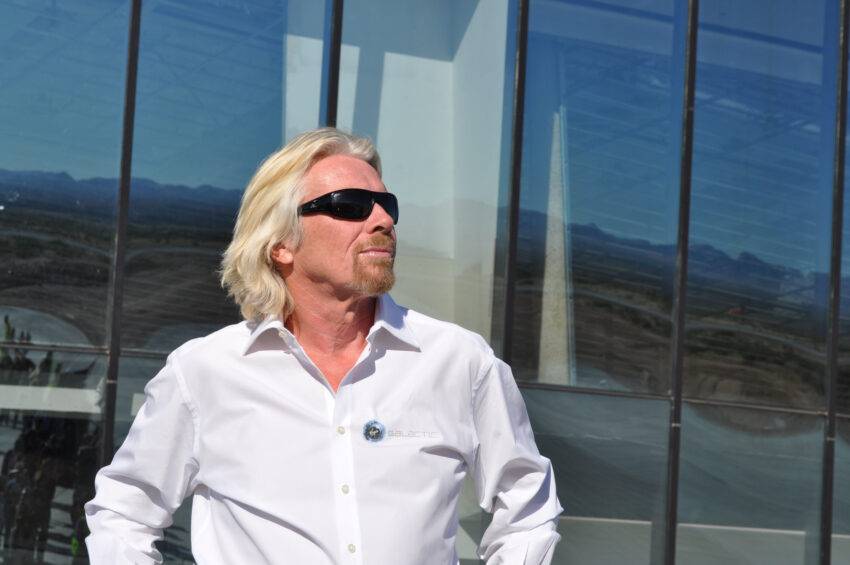Germany’s power subsidy plans are probably illegal. That’s unlikely to matter.
The EU is increasingly bending its own rules, giving Germany space to negotiate despite fears that Berlin is disadvantaging others.
BRUSSELS — Germany’s plan to help cover power-hungry firms’ electricity bills crosses a line for anyone who knows the EU’s rulebook on doling out state subsidies to industry.
But no one really believes that Brussels will stand up and prove to be a dealbreaker when facing the might of Berlin. The Germans tend to get their way in the end (even when they concede in an internal memo that they are probably breaking the law.)
The scheme would essentially cap electricity prices at a bargain rate for Germany’s energy-intensive companies, with the government paying the rest. For Germany’s new government, that would come at a cost — roughly €10 billion by 2030. For struggling industries, however, it might be a lifesaver.
There’s just one hitch: EU rules technically prevent countries from handing industries cash like that. The idea is to stop richer countries like Germany from splashing government cash on companies that smaller and more cash-strapped nations will not be able to do, creating unfair distortions in the EU market.
“There is no way Brussels will allow that without a fight,” said Oliver Bretz, who heads boutique firm Euclid Law and advises, among others, Romania’s energy-intensive industry association.
Yet the EU is increasingly bending its own rules in a post-pandemic world, anxious to juice its stagnant economy and not fall behind the U.S. and China. And that’s the expectation here, lawyers and economists told POLITICO. The two sides will clash, yes, but everyone would prefer an amicable, negotiated compromise.
“Explicit state aid prohibitions by way of decision are rare, even more so now than in the past,” said Ulrich Soltész, an antitrust partner at German law firm Gleiss Lutz.
Timing, in other words, is everything.
Grumbling at Germany
Few people, if any, are arguing that Germany’s plan is anything but an industrial subsidy, or “state aid” in EU jargon.
“Subsidizing electricity prices on an ongoing basis will be seen by the Commission as nothing more than operating aid,” Bretz said, referencing the EU’s executive in Brussels, the European Commission. “The Commission hates operating aid as it sees it as allowing inefficient industries to survive.”

Even within Germany, there is an awareness of how the plan comes across.
Tomaso Duso, who chairs the German government’s competition advisory body, the Monopolkommission, conceded that “the Commission tends to be more skeptical of operating aid, which might be more distortive of competition if not well designed.”
A leaked internal paper from Germany’s economy ministry flags shows officials are aware their plans pose “considerable challenges” under EU law.
“The reservations are considerable and the prospects of approval are highly uncertain,” the document says.
It’s not just the move’s legality that’s drawing attention — but its impact on EU unity.
Smaller countries are worried the subsidies could distort Europe’s single market, which, in theory, provides an open, level playing field for more than two dozen countries, expanding business opportunities for all. That fear is particularly acute given Russia’s warmongering nearby and Donald Trump’s trade war abroad.
“We have state aid rules for a reason — otherwise we jeopardize the internal market,” said one EU diplomat, who was granted anonymity to speak candidly. “I don’t think we can afford disunity right now, so hopefully there will be an EU response.”
The response is similar to a backlash in 2022, when Berlin announced a €200 billion gas price relief fund as bills skyrocketed following Russia’s all-out invasion of Ukraine.
The new subsidy scheme is “worrisome,” added a second EU diplomat, since other countries “don’t have sufficient fiscal capacity to offer such subsidies.”
For other capitals, the move also raises the risk of opening Pandora’s box and giving an opening to other countries seen as historically spendthrift.
“I would be surprised if Germany can go ahead with this,” quipped an EU government official, “because it would also open the door for France and others.”
Rethinking cash splash
In parallel to Germany, the EU is also reviewing its government aid rulebook.
It’s part of European Commission President Ursula von der Leyen’s crusade to inject more life into EU companies, weakening regulations, cutting bureaucracy and directing more government cash toward strategic industries.
The shifting ideology was captured in the bloc’s recent Clean Industrial Deal, a plan to supercharge climate-friendly manufacturing and help companies decarbonize.

In late June, Brussels will present new rules for how it will assess countries’ plans to subsidize industry. The updated guidance is expected to ease government efforts to help renewable energy projects and grow nascent climate-friendly tech industries. Other initiatives are likely to follow.
Yet while the Commission is tinkering at the edges of its subsidy rules, the underlying principles are likely to remain in place.
That’s why people are expecting Brussels to bend, not break, in Germany’s case.
“Given that the question of aid to energy-intensive industries has been on the agenda for many years now, this looks unlikely to be the most epic battle between Germany and the Commission,” said Soltész, the antitrust attorney.
At most, the Commission may propose a workaround. Negotiations will likely involve the EU executive suggesting ways for Germany to reach similar results more compatible with the bloc’s rules, said Bretz, the attorney advising industry associations.
Officials could suggest, for example, that Germany support green investments and energy efficiency, “but not just by handing money directly to industry,” he said.
Meanwhile, the Commission is on standby for Germany to come and talk.
“This is a complex issue where the German authorities have to engage closely with the Commission, to ensure full respect of EU rules which ensure competition on the merits between firms based in different Member States,” Commission spokesperson Lea Zuber told POLITICO in a statement.
The Commission, she added, is “ready to assist Germany in developing their ideas and designing in a way that complies with the state aid rules and sectoral legislation to avoid distortions in the Single Market.”




















:quality(85):upscale()/2023/10/03/668/n/1922283/1f15c8a9651c2d209e5eb5.32783075_.jpg)
:quality(85):upscale()/2025/08/14/650/n/1922283/470aeb83689df49cdc1bb6.14084110_.jpg)
:quality(85):upscale()/2025/08/13/775/n/1922283/3c0cbead689ccd0c422644.10221678_.png)
:quality(85):upscale()/2025/01/08/844/n/1922398/cde2aeac677eceef03f2d1.00424146_.jpg)
:quality(85):upscale()/2025/07/10/708/n/1922398/8fe2782e686fe372b38bf8.29984296_.jpg)

















